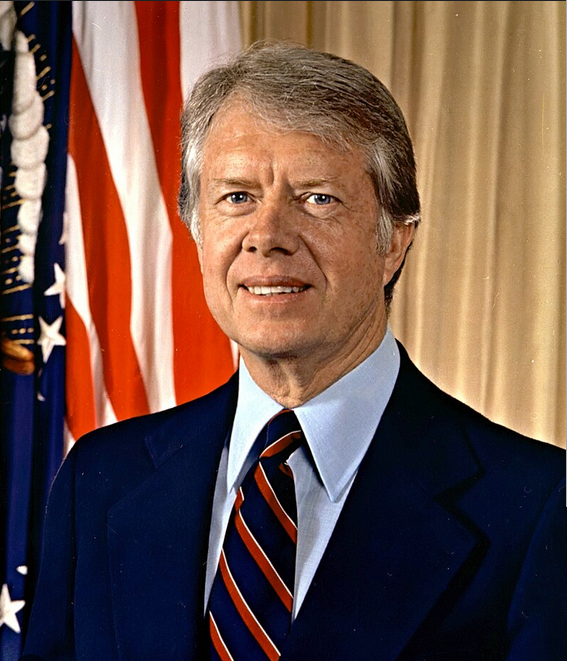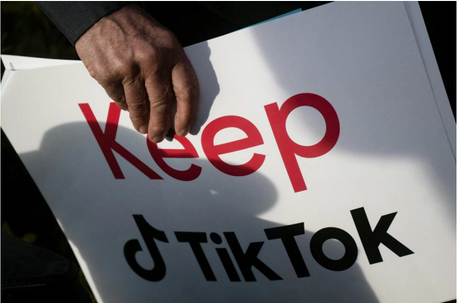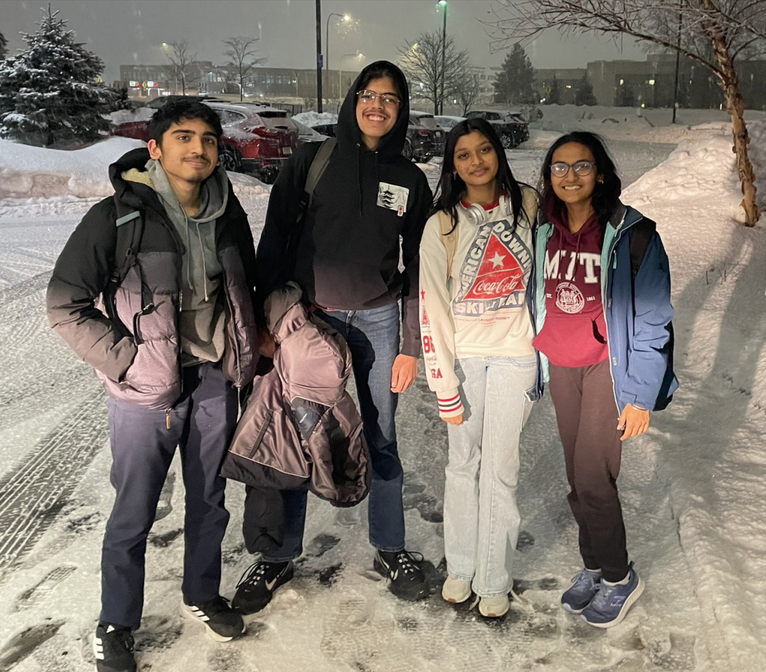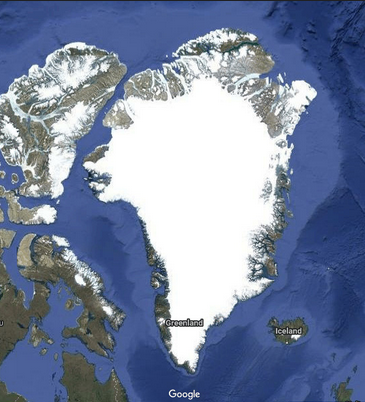This year’s Nobel Prize winners have finally been announced by the Nobel Foundation. Winners have been announced in physics, chemistry, physiology, literature, peace, and economics. Here are this year’s winners:
John J. Hopfield and Geoffrey E. Hinton won the Nobel Prize in physics for their contributions to the development of AI. Hopfield created an artificial associative memory able to store and reconstruct patterns in data. Hinton developed an AI that can identify specific elements of data. Despite Hopfield’s and Hinton’s contributions to the AI field, both have warned of the potential dangers of AI. Hinton even quit his job at Google so that he could more freely speak on his worries.
The Nobel Prize winners in chemistry are David Baker, Demis Hassabis, and John M. Jumper. Baker used AI to design new protein structures. These new proteins may be able to defend against diseases and viruses, among other potential abilities. Hassabis and Jumper were awarded their Nobel Prizes for developing a tool that would allow scientists to predict how proteins fold. Scientists may use this tool to block viruses and degrade plastics.
Victor Ambros and Gary Ruvkun won the Nobel Prize in physiology for their discovery of microRNA. MicroRNAs are minuscule RNA molecules that control how genes are expressed and most likely contribute to evolution. The study of microRNA will be critical to understanding gene regulation in multicellular organisms.
The Nobel Prize in literature was awarded to Han Kang, the first Asian woman to ever win the prize. Kang’s works illustrate political and feminist struggles in South Korea. She is best known for her novels Human Acts and The Vegetarian.
Nihon Hidankyo, an organization of Japanese atomic bomb survivors, took home the Nobel Peace Prize this year. The group has ardently condemned the use of nuclear weapons through witness testimonies.
Daron Acemoglu, Simon Johnson, and James A. Robinson won the Sveriges Riksbank Prize in Economic Sciences in Memory of Alfred Nobel. The men studied wealth inequality between nations. They concluded that institutions that exploit their population for economic gain do not generate economic growth. Particularly, colonizing and imperializing nations do not promote economic growth in the nations they colonize or imperialize, instead hurting the native populations.












































